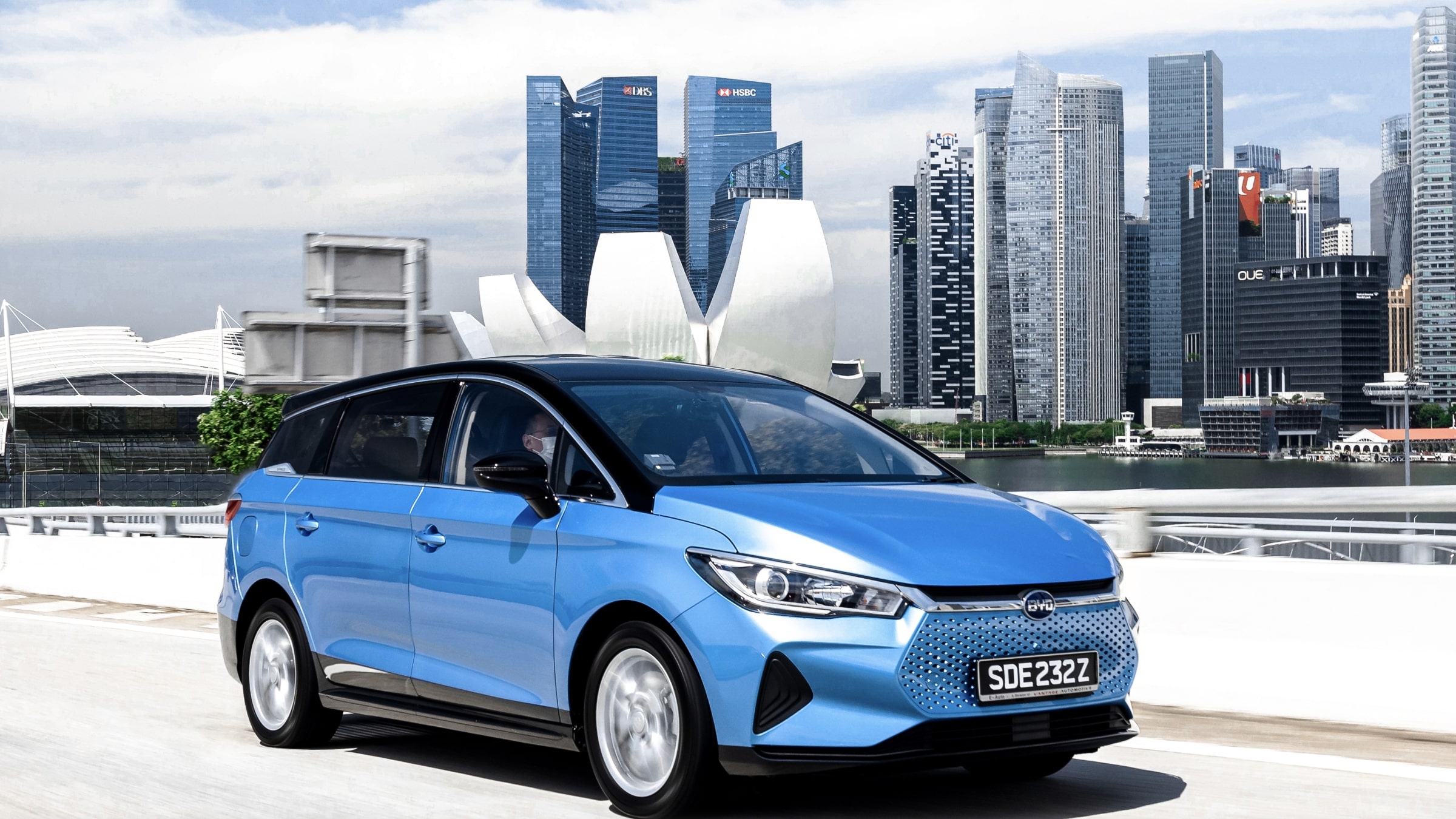SINGAPORE: In a notable stir within Singapore’s automobile market, China’s BYD lands in the top spot in vehicle earnings, outdoing Japan’s Toyota for the first time. According to government data featured in a Reuters story, BYD traded 3,002 automobiles in the first four months of 2025, representing 20% of overall car proceeds in the city-state. Toyota, a long-time market leader, lagged with 2,050 cars sold, while Tesla sold 535 units throughout the same period.
This signifies a monumental drift in consumer predilections in one of Asia’s most prosperous markets, where stringent vehicle allocations and high ownership outlays have customarily preferred well-known brands like Toyota. In 2024, Toyota sold 7,876 automobiles in comparison to BYD’s 6,191, but the Chinese car manufacturer’s swift growth has now overturned that trend.
Electric momentum and overseas ambitions
BYD’s supremacy in Singapore is part of a bigger drive to develop its trail beyond China, where it is confronted with aggressive price rivalry. The firm has set its sights on retailing half of its overall vehicle production externally by 2030, an objective that would place it among the world’s top car builders. Singapore, known for its rigorous car ownership protocols and exorbitant vehicle prices, is evolving as a dominant demonstration arena for this global approach.
With its entry into the Singapore market in 2022, more than a year after Tesla, BYD has exhibited remarkable progress. In 2023, its revenues virtually doubled to 1,416 units, while Tesla’s swelled humbly by 7% to 941. The fame of models like the BYD Atto 3, which commences at S$165,888 (US$127,500), underscores escalating consumer craving for electric automobiles notwithstanding the city-state’s high car costs.
Southeast Asia’s success fuels global expansion
However, Singapore is not the only Southeast Asian market where BYD is creating a buzz. Thailand has become BYD’s biggest foreign market, underpinning the brand’s regional supremacy as it aims for further development in Europe and Latin America. With a concentration on economic viability, innovation, and electrification, BYD is setting itself up as a daunting international player in the automotive manufacturing.
As customers all over the world progressively swing toward electric cars, BYD’s growth in Singapore indicates a bigger shift in the global automobile scene, one in which Chinese EV manufacturers are no longer playing a “making headway” game, but are actually leading the charge.

